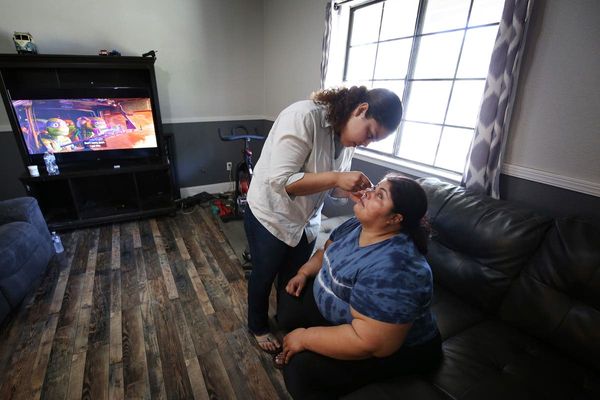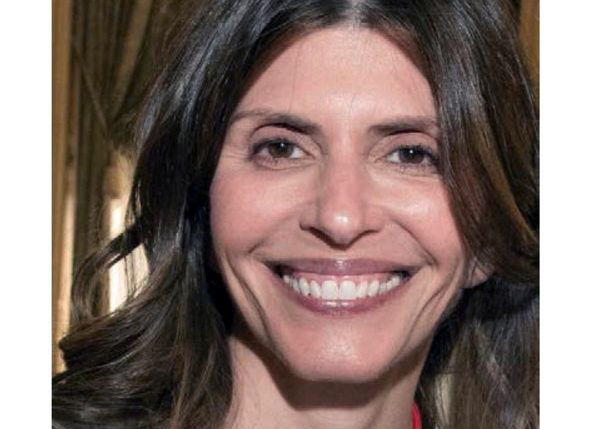
Women are now advised to get a mammogram every other year starting at age 40 and until age 74, according to new recommendations from the US Preventive Services Task Force. The USPSTF, a volunteer panel of independent medical experts, previously recommended biennial mammograms starting at age 50. However, the new guidelines emphasize starting at age 40 for all individuals assigned female at birth, including cisgender women, transgender men, and nonbinary people at average risk of breast cancer.
The updated recommendations aim to reduce breast cancer deaths by diagnosing cases early before the cancer spreads. Breast cancer is the second most common cancer in women in the US and the second-leading cause of cancer death. The USPSTF found no evidence to support annual screening over biennial screening, citing a more favorable balance of benefits and harms with the latter.
While some experts advocate for annual screening, the USPSTF's decision aligns with organizations like the American Cancer Society, which recommends mammograms every year for women aged 45 to 55 and every other year for those 55 and older. The American College of Obstetricians and Gynecologists suggests screening every one to two years starting at age 40.
Concerns have been raised about the blanket recommendations for individuals with a family history of breast cancer or dense breasts. Experts emphasize the importance of personalized screening recommendations based on individual risk factors. The updated guidelines also address the use of digital breast tomosynthesis or '3D mammography' as an effective screening approach.
Overall, the new recommendations underscore the importance of early detection in reducing breast cancer mortality rates. Women are encouraged to discuss their medical history with healthcare providers to determine the most appropriate screening schedule for their individual needs.







